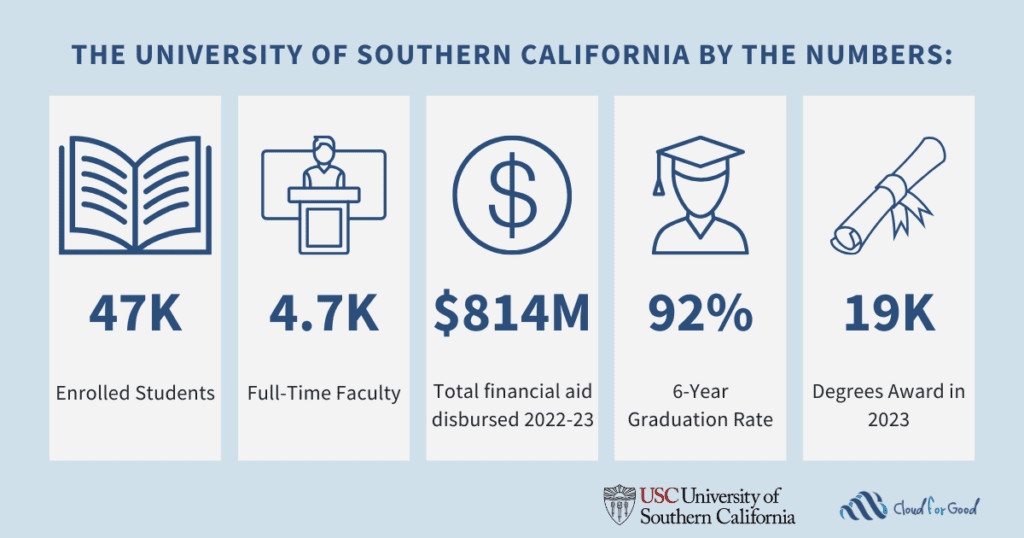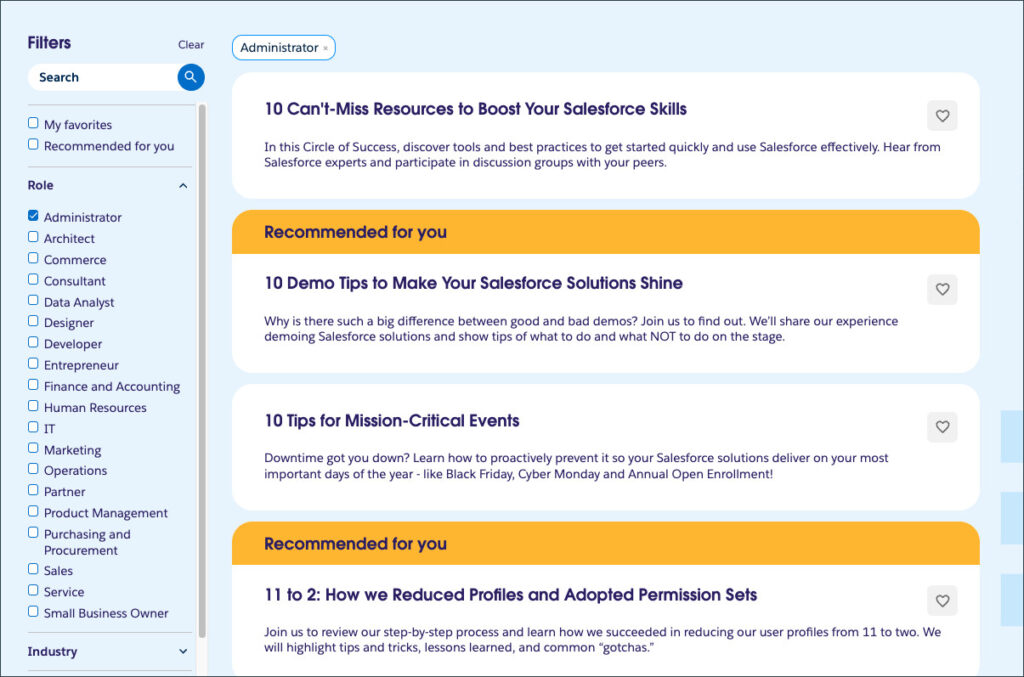Writing about the future of customer service is an interesting exercise, because in many ways, we’re living that future now. What once seemed like something from a sci-fi movie — digital labor workforces like Agentforce working alongside humans — is now a reality. This human-AI partnership is leading to faster, more personalized, and more effective customer service than ever before. While the advantages of a digital workforce are clear, many leaders are still grappling with what this means for their organizations. And yet, to stay competitive in the years ahead, businesses need to look beyond today’s disruptions and focus on what’s next for both customer and field service. In this blog, I’ll dive into emerging trends in customer service, and explore how organizations can optimize their customer service well into the agentic era.
Get more insights into the future of customer service
High-performing service organizations are using data and AI to generate revenue while cutting costs — without sacrificing the customer experience. Find out how in our latest State of Service report.



1. Service transactions will be increasingly automated, opening the door for more human relationship-building
Customer service has traditionally centered around resolving individual issues or answering specific questions. But in the future of customer service, these routine inquiries will more often be seamlessly handled by a digital workforce (like voice AI agents). This will free up humans to dedicate more time to complex, value-driven interactions that focus on building long-term relationships with customers. This evolution will ensure that customers receive faster, more efficient responses for basic needs, while being part of a high-touch, nourishing customer journey where empathy and understanding are key.
In addition, digital workforces will continuously learn and adapt, improving their ability to understand customer intent and predict future needs. As these systems become more sophisticated, they will not only handle inquiries with greater accuracy, but also anticipate customer needs before they arise. This shift to journey-based service allows companies to deliver more proactive, revenue-driving experiences, guiding customers from initial contact to long-term loyalty. These journeys will extend beyond service alone, blending customer service with sales, commerce, and marketing into a unified experience. By combining AI and human expertise, businesses can create more meaningful, engaging interactions that resonate with customers. In short, service everywhere will become the new interface for connecting with companies.
Meet Agentforce for Service
Watch Agentforce resolve cases on its own, deliver trusted answers, engage with customers across channels, and seamlessly hand off to human service reps.



2. The bar will be high for self-service
Our research finds that 61% of customers would rather use self-service tools for simple issues. In the future of customer service, self-service will increase its scope, moving well beyond basic FAQs. With a deep understanding of customers and their buying journey, self-service technology will offer rich and automated resolutions, tailored for each individual.
As self-service capabilities continue to improve, gone will be the days of the limited chatbot experience that’s disconnected from your company’s website. Instead, the future will bring a more integrated approach, where agents are not just reactive but proactive guides throughout the entire customer journey. Using deep insights into customer behavior and preferences, these bots will anticipate needs, offer tailored solutions, and even co-browse with users in real time. This means customers won’t just ask questions — they’ll be guided through their browsing experience, whether that’s navigating product options, customizing services, or troubleshooting on the spot. By combining rich, contextual knowledge with interactive support, self-service will not only become more effective, but also deeply personalized, allowing customers to feel in control while receiving immediate, relevant assistance. The result will be a far more intuitive, fluid, and empowering online experience.
Unlock the power of self-service
We believe that business is the greatest platform for change, and success should be for everyone on Earth and the planet itself. Because the new frontier? It’s right here.


3. Field service workers will be safer and more efficient — with the help of robots
Field service has always been the most human aspect of any organization, and that will remain true, just in a different way. In the future, robots and connected devices will take on more physical and repetitive tasks, and field service techs will shift their expertise to managing these advanced systems. For example, rather than performing a risky task like clearing a tree from a power line, a technician would oversee the technology and step in when human judgment is essential. This opens up new, safer career opportunities in field service management, offering growth for those interested in technology-driven roles over traditional, physically demanding jobs. In jobs where robots don’t play as much of a role, we’ll see widespread use of:
- Predictive maintenance: I see so many companies that have connected devices and petabytes of data, but aren’t using them to get ahead of asset downtime. In the future, this downtime will increasingly become unacceptable to customers. It’s no longer enough to just manage your assets with asset service management. Companies will actually need to monitor them too. AI will help businesses predict when their assets will fail — and service them before they do. .
- Automated work summaries: How many times have you seen a field service technician sitting in your driveway for an extended time after they’ve wrapped up their work? Chances are they’re writing a job report or summary, which for many is a manual and time-consuming process. This is precisely where generative AI can make a huge impact. AI can create both pre- and post-visit summaries — no matter how complex the engagement. This enables mobile workers — who on average spend two-thirds of their days doing administrative tasks like this — to focus on the work itself and move on to the next job in less time.
- More options for self-service: Scheduling, rescheduling, and canceling appointments can be very disruptive and time-consuming for a back office. Agentic AI can take on this work 24/7, on the channel of your customers’ choice. It’ll interact with customers in a very natural, conversational format, and even be able to specify the required tools, appropriate technician, and length of time required to complete the job. This will offload dispatchers, so they can spend more time managing complex issues as they happen.
Field service made simple with AI
When you have AI integrated into Learn how high-performing field service teams are using AI to boost productivity and deliver customer satisfaction.



Preparing for the future of customer service
As we continue on into the agentic era, customer service organizations must increasingly rely on a blend of AI agents and human expertise. To prepare for this evolution, businesses must focus on creating a seamless integration of digital and human resources, ensuring that both work in tandem to provide customers with efficient, personalized experiences. Investing in a trusted digital workforce and a deeply unified platform to support customer service, self-service, and field service will be crucial in staying ahead of the curve. At the same time, training your human teams to focus on high-value, relationship-building tasks will ensure that human interaction remains central to customer loyalty and satisfaction. By embracing these shifts, companies will be ready for the future of customer service, one that is smarter, more proactive, and highly responsive to evolving customer needs.
Join the Serviceblazer Community





